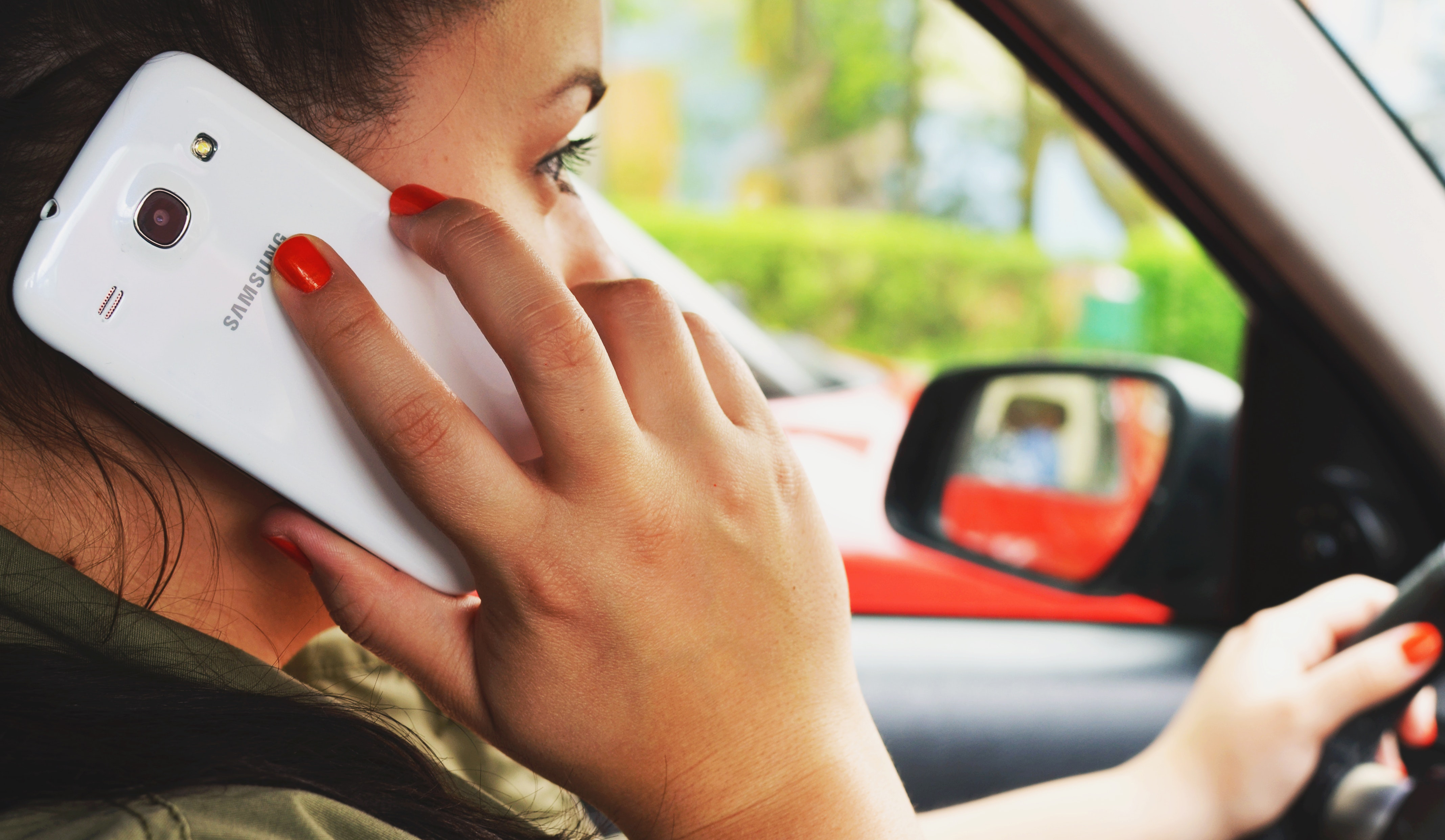Every year, approximately 1.6 million crashes are caused by cell phone use. This translates to one of every four accidents and over 3000 people killed. Distracted driving is actually more dangerous than drunk driving and six times more likely to cause an accident.
Texting, talking on the phone, using navigation, and checking yourself in the mirror are all forms of distracted driving. Anything that takes your attention away from the road is a potential risk. Texting is by far the most dangerous, because responding to a text takes your eyes off the road for an average of five seconds, which at highway speeds is long enough for you to travel over 300 feet. While talking on the phone or texting, you are also more likely to miss objects in your peripheral vision.
Some causes of distraction on the road, are things you would not realize have as large an impact as they do. Here are a few examples.
- Driving While Angry – Experiencing strong emotion while driving can actually increase your chances of getting into accident by ten times.
- Listening to Loud Music – Playing your favorite song at a high volume makes you much more prone to mistakes. Softer, quieter music can have as much as a 20 percent decrease in deficient driving behavior.
- Dogs and Kids – Unrestrained pets and young children require a lot of attention behind the wheel, and babies are eight times more distracting than an adult passenger.
- Hands Free Technology – Contrary to popular belief, driving while using bluetooth does not make a marked improvement in how distracting it is. The effort to switch from speaking voice commands back to driving mode can cause you to be distracted for almost an additional 30 seconds.
- Holding Your Bladder – On long drives, holding your bladder for too long has an effect not unlike drunken impairment.
How Can You Help
The path to reducing distracted and risky driving behavior begins with you. Being educated about the causes of distracted driving and making pointed efforts to avoid them is the first step. While many states are making it illegal to use your cellphone as a driver, cutting the cord on your own is important. Doing so makes you an example to anyone driving with you.
If you are in a car with a driver who is distracted make sure you say something. Besides the fact that you should not have to feel uncomfortable as a passenger, other drivers may not realize the impact that their behavior has on their ability to focus on the road. If you see them trying to do something on their phone, offer to help. The passenger can easily be in charge of music, navigation, and any communication necessary.
Employers can also help in the fight. Spread the word about the dangers of distracted driving with your employees. Encourage your drivers to wait to respond to text messages and emails and avoid answering the phone if possible.
If you find yourself often distracted, you can even download an app on your smartphone to prevent you from calling or texting while the vehicle is in motion. This is especially helpful for employers and parents, to help reduce temptation for young drivers and those on the clock.






